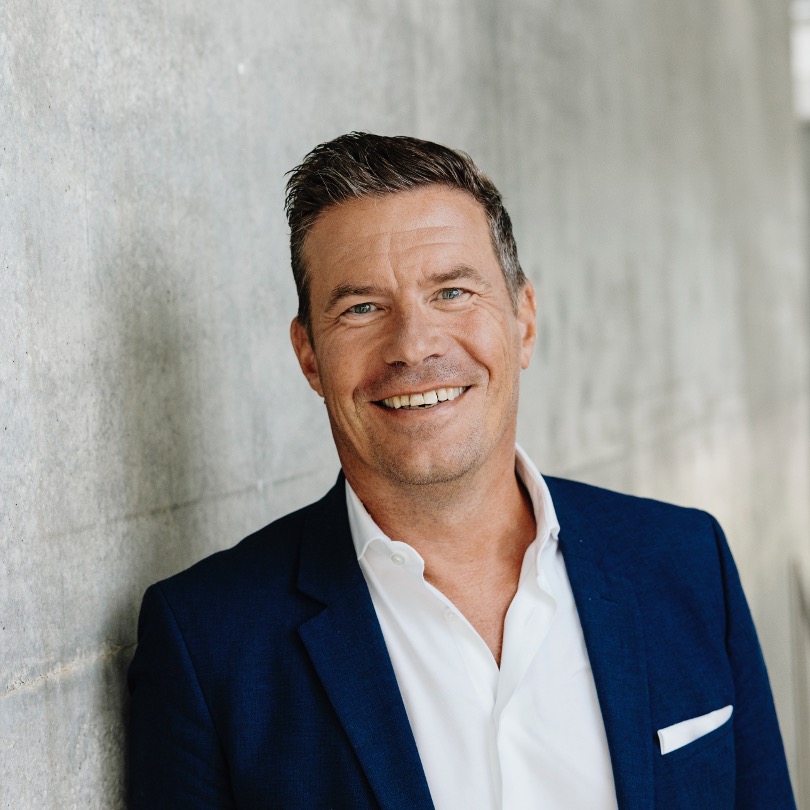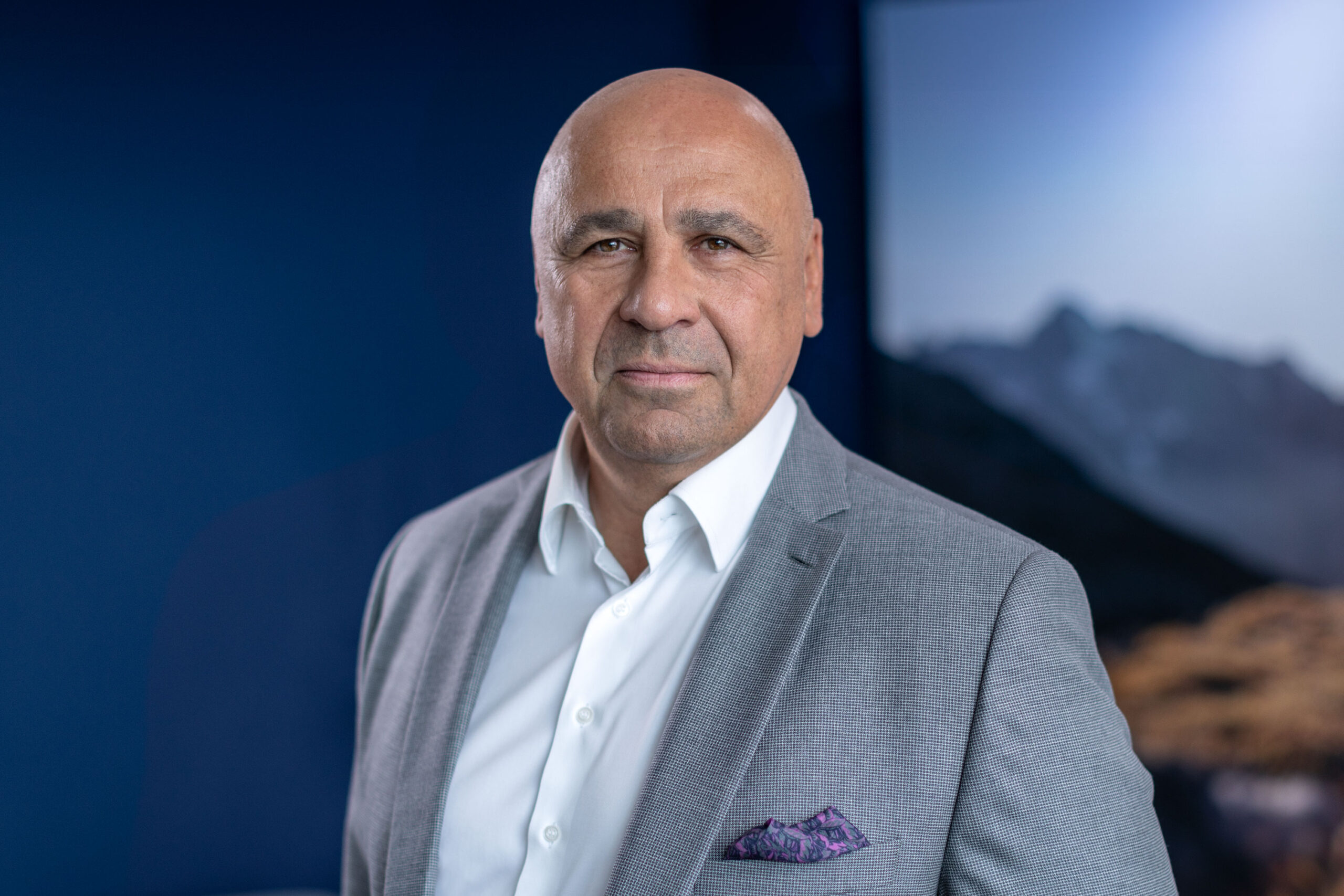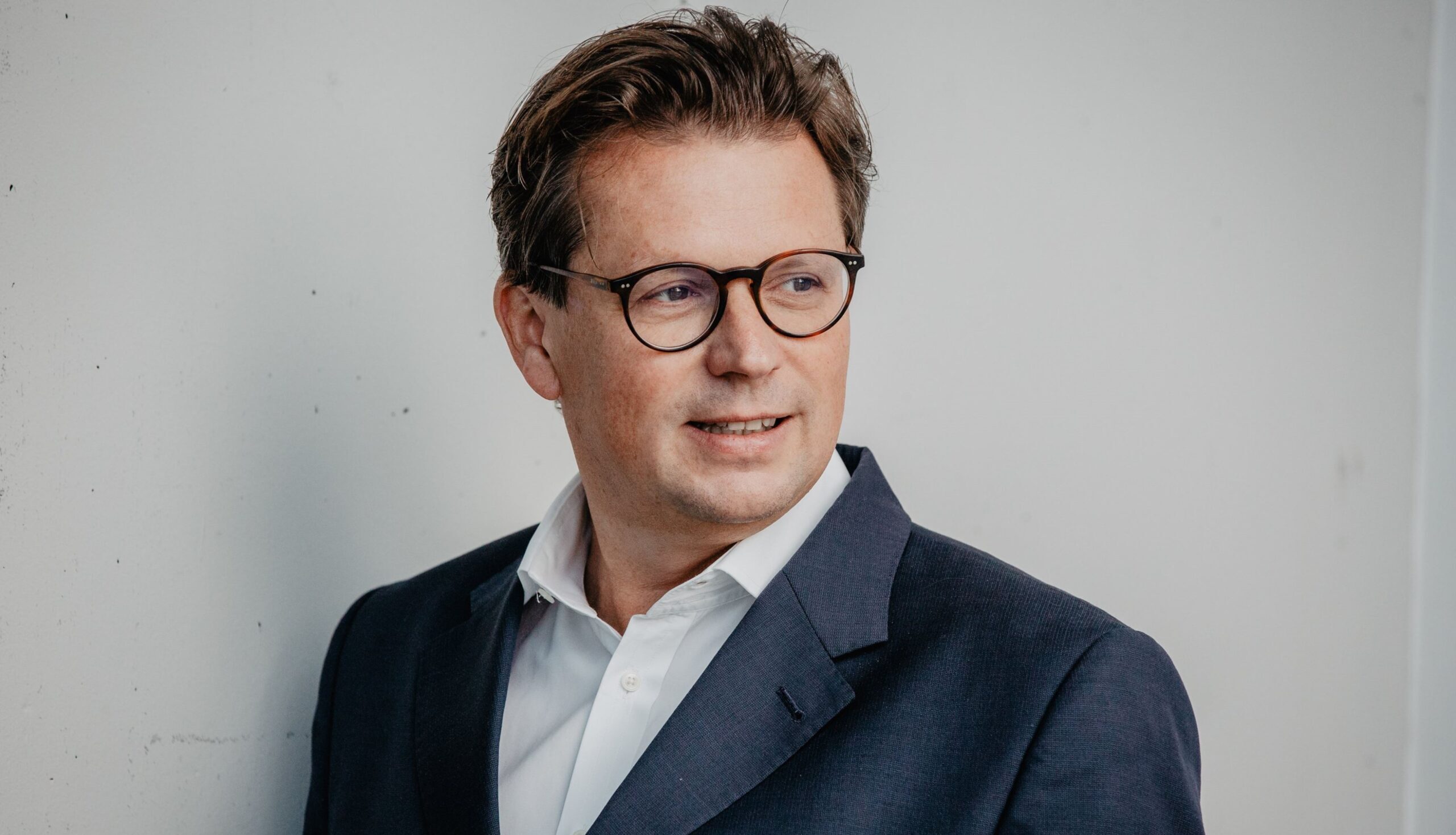Youplus, an insurance company as a network
As a young insurance company, we are revolutionizing the way we think about insurance. Starting in Eastern Europe we provide an agile and innovative approach to a traditional industry leveraging on a network of independent partners to ensure high quality along the entire value chain.
The purpose for which capital is used is an individual matter of each company. The small as well as the big, the private as well as the public, the start-up as well as the large corporation. Decisions as to how capital is most efficiently used are not only part of annual budgeting decisions but also occur regularly, consciously or unconsciously, in everyday business life.
What receives less attention is the question of which capital is being talked about. When the term „capital investments“ is used, the term is consistently used as a synonym for „use of economic means“. Restricted to HR departments, we also talk about human capital when it comes to the know-how and skills of employees. One form of capital that is completely ignored, however, is that of social capital, the network of relationships within a company that allows financial and human capital to take effect in the first place.
This general linguistic preference to interpret „capital“ in everyday life almost exclusively as „financial capital“ is not coincidental. On the one hand, it is an expression of the simple understanding of our economic system in which financial capital plays a key role. On the other hand, it also testifies to a general prioritisation of financial capital for entrepreneurial success. This is still regarded as the most important resource of a company, human capital and social capital in particular usually play a subordinate role. From this point of view, financially strong corporations seem to have an advantage, innovative entrepreneurs have no chance. A look at formerly small start-ups such as Uber, AirBnBor PayPalshows that this does not correspond to reality: disruptive business models arise in young entrepreneurial structures.
Jeremy Rifkin, an influential American economist, sociologist and influential voice of the sustainability movement, criticized a short-term view of capital as early as the 1970s. He predicted a decreasing importance of property in favour of social capital: Access to networks will become more important than access to financial capital, efficient processes will take the place of rigid structures. “It’s about access, and currently for companies there is no bigger concern than getting access to the networks and relationships that create business opportunities.”
For capital to serve a sustainable purpose, the capital itself must therefore be sustainable. Companies have to act sustainably in order to have success in the future and thereby being able to build up a functioning network, in using its social capital in a targeted way. This also applies to the still rather conservative financial sector: the form of cooperation will determine the innovative strength and thus the continued existence of companies.
The insurance industry is traditionally dominated by large companies. With the advent of Fin- and Insurtech, smaller companies with innovative solutions have also moved into the focus of the industry, but nevertheless: the customer does not want holistic solutions without the larger insurance groups. Why? Isn’t it possible to build a dynamic insurance company, open to innovative entrepreneurial solutions? This is precisely the question where Youplus‚ business concept is tying in with.
Youplus, the insurance as a network
Youplusis a Swiss concept, founded by entrepreneurs with many years of experience in the insurance industry. We have recognized that the market, dominated by large but rigid players, offers neither sufficient benefits for the end customer nor sufficient opportunities for talented and innovative entrepreneurs. In this state of inertia, promising potential remains untapped. Youpluswants to exploit this potential.
We are convinced that innovation can only develop in a business environment. Equipped with personal responsibility, fighting spirit and the courage to take risks, the entrepreneur is the nucleus of progress. In order for these entrepreneurial forces to unfold, appropriate structures are necessary. Fixed areas of responsibility, rigid responsibilities and a top-down mentality hinder and are the opposite. In the modern economy, the creation of entrepreneurial freedom is in demand.
Youpluspursues a “Best Partner Concept” and is structured as a network of independent and equal partners. The members of our network continue to function as independent entities, but share the same Swiss values: precision, reliability and the quest for innovative solutions.
The Best Partner Concept is also open to new partners with innovative solutions and therefore highly dynamic. Our partner network currently includes Aspecta Assurance International, Zurich-based asset manager DIVAS Derivative Solution, one of Europe’s leading software developers: ASSECO SA, a local team for the Czech and Slovak markets, a consulting team of students from HSG (ESPRIT St. Gallen) and a large German reinsurer.
The diversity of the partners is both the strength and the challenge of the Best Partner Concept. Overcoming cultural and language barriers, creating mutual trust and creating a healthy conflict culture is essential for success. Once this social capital has been established, you gain advantages that are not possible in a rigid corporate structure. As a network of independent partners, we are able to implement innovative solutions decentrally along the entire value chain.
While other insurances move like heavy tankers, Youplusworks like a swarm of speedboats: Dynamic, agile and ready to adapt quickly to a changing environment, guided by the common goal of finding dynamic solutions for the insurance world.
Youplus is already making its first market appearance this year: in the Czech Republic we are launching the first insurance solution fully developed in a network.






